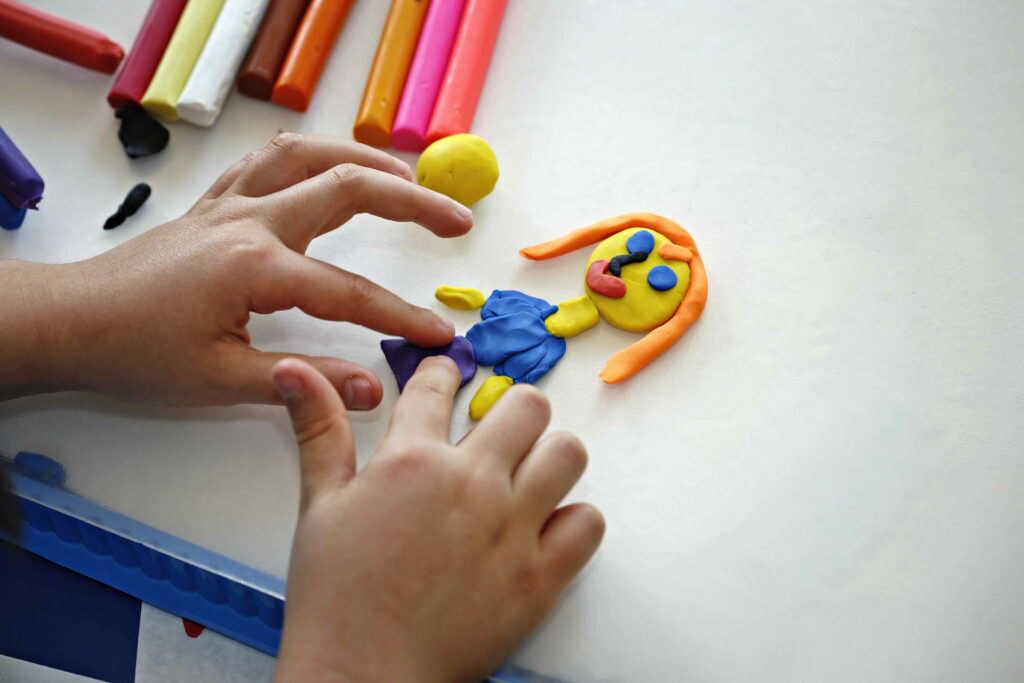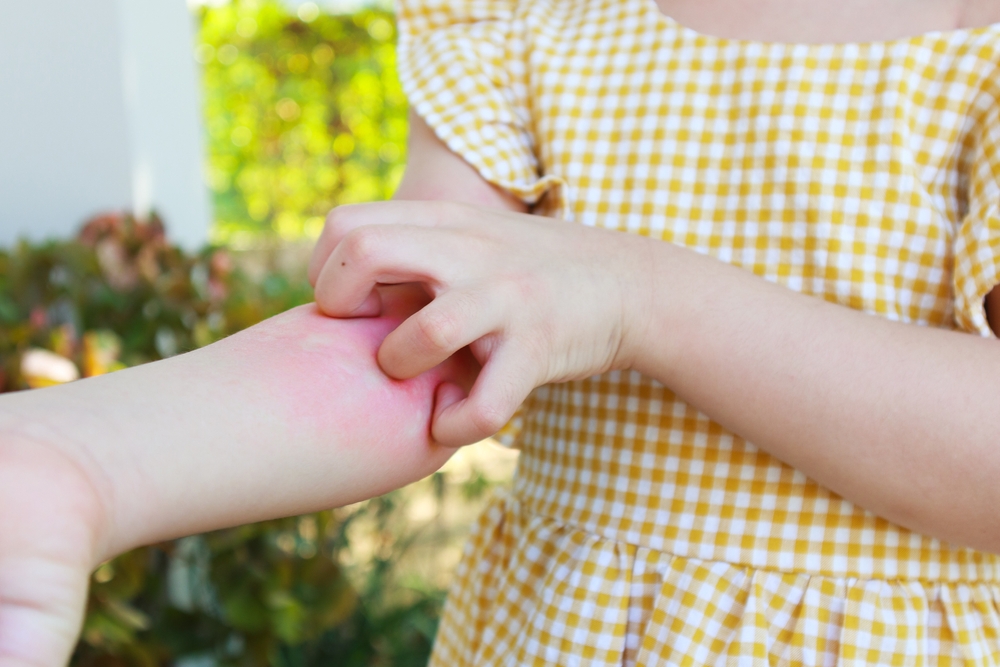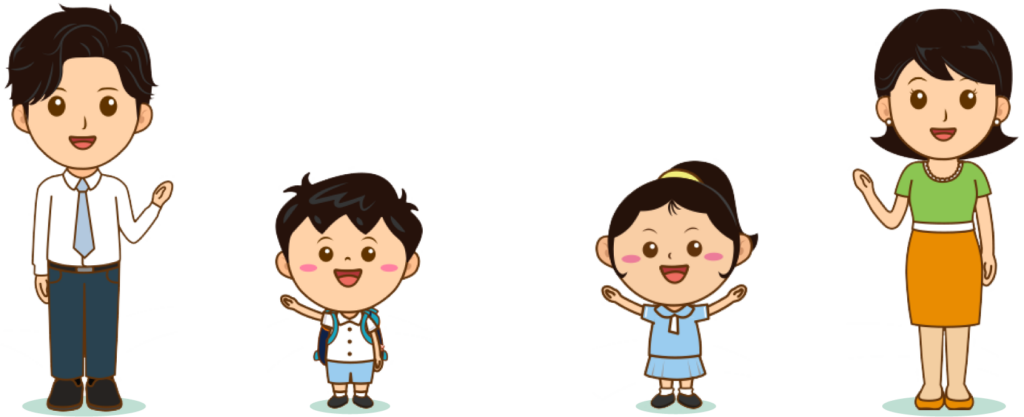
Small Training for Writing Skills
Written by: Child Psychological Development Association, Psychological Counselor, Mr. Ching Wai Keung “His handwriting is always out of line; it always ‘flies’ all over the place!” “He can’t even write within the boxes; he usually takes up two boxes for one character!” “He often skips lines or spaces when writing!” “It seems like he doesn’t apply enough pressure when he writes; his writing is so faint that it’s almost unreadable!” These comments reflect the experiences of many children learning to write in K2. When children write, they need to coordinate many abilities, the simplest being the strength and dexterity of their finger muscles (fine motor skills). If there is insufficient training in fine motor skills, children may struggle with writing or holding a pen effectively. So, how can parents address and train this? It’s simple: let them play with playdough, clay, and flour from a young age. Secondly, visual-spatial awareness and eye control are also important for copying. General ball activities are excellent training options. Tracking a ball visually and then performing an action to catch (or kick) it is a natural and fun form of training. Additionally, games like “spot the difference” (finding the differences between two pictures) and maze games (first finding the way with their eyes and then connecting the dots with a pen) can also benefit eye control. Hand-eye coordination is, of course, crucial in copying practice! Activities like tossing and catching beanbags, fishing games, pouring exercises, and cutting paper can greatly aid hand-eye














